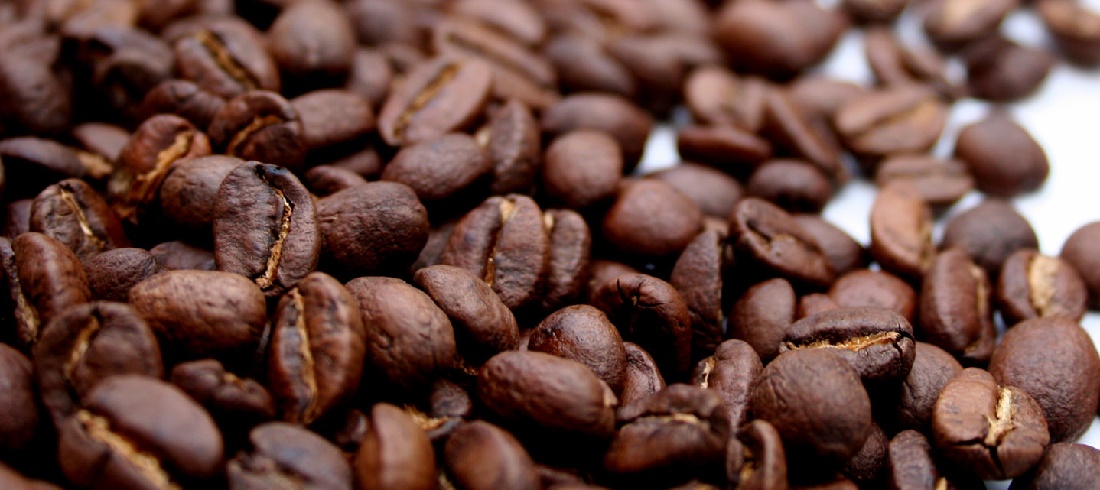A recent Reuters poll predicted that Arabica coffee prices could fall 30% by the end of the year, as high prices curb demand and early signs point to a bumper Brazilian crop next year.
But until prices drop significantly, much of the coffee industry could be in for a world of pain.
A chief executive of a major roaster in the United States – the world’s largest market for coffee consumption, said some of his clients are not sure they can continue to be in business.
“They don’t know if they will be able to sell their product at the new prices,” he said, also asking not to be identified. “Some people are going down”.
The CEO said supermarkets and grocery stores had been pushing back against the higher prices asked by roasters. Negotiations were taking a long time and some retail outlets were starting to be short of coffee on the shelves.
“It has been a nightmare,” he added.
Coffee warehouses close to ports in the U.S., which receive beans coming from Central and South America, currently have half their normal volumes, said an executive for one of the largest companies in the storage sector.
“Some storing companies are returning silos to the owners, canceling leasing contracts early,” he said.
Michael Von Luehrte, owner of broker MVLcoffee, said the coffee market, particularly on the trading side, could see consolidation.
Companies with more capital will be able to increase trading volumes, while others will suffer with reduced financing, he added.
Commodities trader Louis Dreyfus said in a presentation during the conference that the coffee planted area has been expanding in reaction to the higher prices.
Expansion has happened in countries such as India, Uganda, Ethiopia and Brazil. The company believes that if Brazil manages to have one big crop, then that in combination with the new planted areas could lead to a collapse in prices.
Reporting by Marcelo Teixeira; Editing by Edwina Gibbs
Source: Reuters


